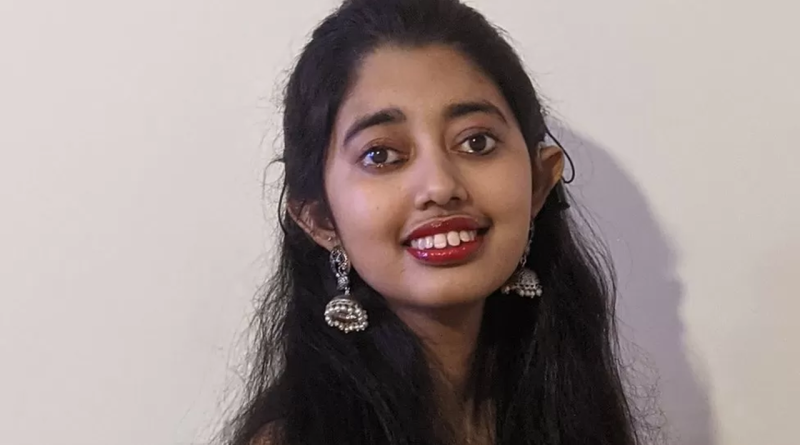As ST is finally named, family of ill teen say they were ‘brutally silenced’ by courts
The family of a teenager who died while challenging an NHS decision over her life-preserving treatment say they were “brutally silenced” by the courts.
The 19-year-old can now be named as Sudiksha Thirumalesh, after legal restrictions were lifted.
“We were gagged, silenced and prevented from accessing specialist treatment abroad,” her brother Varshan said.
Her NHS trust – which cannot be named – said Sudiksha needed end-of-life care rather than ongoing treatment.
The 19-year-old, who had mitochondrial disease, had a cardiac arrest and died earlier this month before the UK Court of Protection could hear her case.
She wanted to raise money to try to fly to Canada for an experimental nucleoside therapy which she thought might help her rare genetic disorder.
In August, a judge ruled that she could not make the decision for herself, because she did not have the mental capacity.
Her doctors said her breathing difficulties were due to her deteriorating mitochondrial disease weakening her muscles, rather than long Covid or other infections that she has had.
Lawyers for the trust said Ms Thirumalesh, who was known as ST during the legal case, was “actively dying” and needed a ventilator to breathe.
Reporting restrictions
Her family say the former A-level student, who had spent almost a year in intensive care, was still able to communicate with her doctors with assistance from her mother and, on occasion, speech therapists.
Judges were told she was a “fighter”, and that she had told a psychiatrist: “I want to die trying to live. We have to try everything.”
Speaking outside the High Court, her brother Varshan Thirumalesh said in a statement: “We are deeply disturbed by how we have been treated by the hospital trust and the courts.
“We have been gagged, silenced and most importantly, prevented from accessing specialist treatment abroad.”
A judge had earlier imposed reporting restrictions in the case.
The order meant it was impossible for media outlets to name Sudiksha, and her family were unable to campaign to raise money for treatment overseas.
Her Christian family wanted the order lifted after her death and successfully challenged the ruling on Friday. A second decision about whether the NHS trust and clinicians who treated her can be named, is expected on Monday.
Following today’s hearing, in a statement given outside of the court, the family said: “After a year of struggle and heartache we can finally say our beautiful daughter and sister’s name in public without fear: She is Sudiksha. She is Sudiksha Thirumalesh not ST.
“Despite our grief and the continuing shock over everything we have been through, today a part of us is at peace.
“Sudiksha was a wonderful daughter and sister who we will cherish forever. We cannot imagine life without her.
“We seek justice for Sudiksha today, and for others in her situation.
Sudiksha was diagnosed with the same condition as Charlie Gard, a baby from London, whose life support was withdrawn in 2017.
What is mitochondrial disease?
- There are different types – some are present at birth but others can develop later in life, often in young adults
- The mitochondria are the engines of the body’s cells and provide energy for all metabolic processes
- The underlying genetic cause may be different for different people but all result in the inability of the mitochondria to produce the right amount of energy
- That causes debilitating physical, developmental and cognitive disabilities
- It can affect different parts of the body, particularly those that require a lot of energy like the brain, heart and liver
- The disease is progressive and has no cure
By William Kelly, The Catholic Network

